

Parrot at the Milk Bar(2014)
A humorous observation in Barcelona’s immigrant neighbourhood El Raval. Four barber shops, four places of remembrance, strange time and space capsules inhabited by people who left their home to find a better one, while the Spaniards are about to leave their own country themselves.

Movie: Parrot at the Milk Bar
Video Trailer Parrot at the Milk Bar
Similar Movies
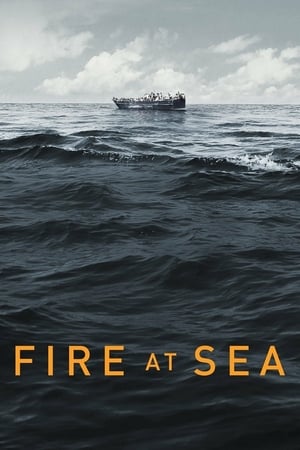 6.6
6.6Fire at Sea(it)
Capturing life on the Italian island of Lampedusa, a frontline in the European migrant crisis.
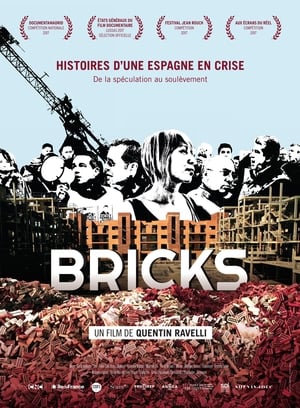 6.0
6.0Bricks(fr)
In Spanish, ladrillo means bricks. It used to mean boom, construction, production, speculation. Today, ladrillo means crisis: disused clay pits, factories that are closed half of the year, ghost-towns, subprime mortgagers facing eviction. Bricks shows how the life of a simple commodity can be the mirror of a global crisis, and tells the story of people who come up with individual and collective strategies to overcome a seemingly desperate situation.
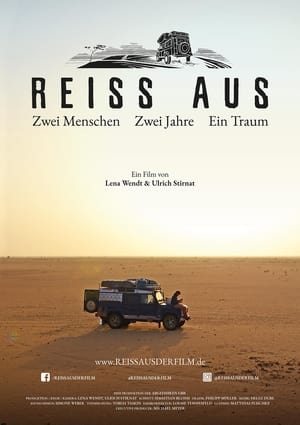 7.7
7.7Break Free - Two People. Two Years. One Dream(de)
When Lena and Ulli start the engine of their old Land Rover, Lady Terés, they have a plan: to drive from Hamburg to South Africa in six months. What they don't know yet is that they won't ever get there. Two totally different characters, jammed together in two square meters of space for almost two years, they experience what it really means to travel: leaving your comfort zone for good.
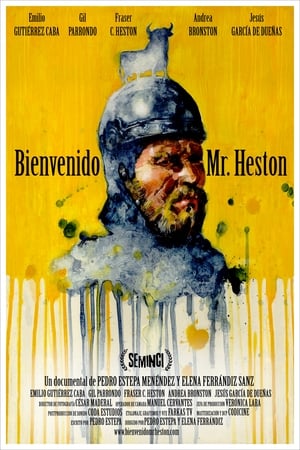 0.0
0.0Bienvenido Mr. Heston(es)
Spain, 1961. Life in the small village of Torrelobatón, in the province of Valladolid, was turned upside down when the cinematic magic circus of a future Hollywood blockbuster, produced by Samuel Bronston, the rogue mogul of his own film empire, came to town: its inhabitants became participants and witnesses of the shooting of “El Cid,” a film directed by Anthony Mann, starring mythical actors Charlton Heston and Sophia Loren. Those days, legends came alive.
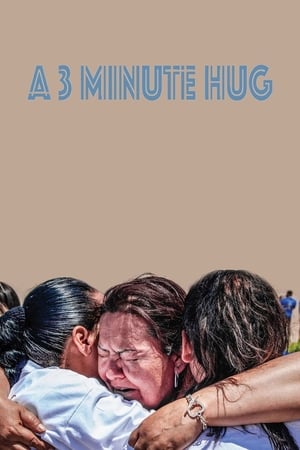 6.5
6.5A 3 Minute Hug(es)
As daylight breaks between the border cities of El Paso, Texas, and Juarez, Mexico, undocumented migrants and their relatives, divided by a wall, prepare to participate in an activist event. For three minutes, they’ll embrace in no man’s land for the briefest and sweetest of reunions.
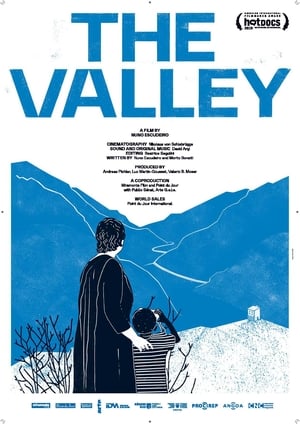 0.0
0.0The Valley(fr)
As thousands of migrants attempt to cross the French-Italian border on foot through treacherous mountain routes, the state cracks down on the local communities that come to their aid in this revealing look at an unfolding human rights crisis.
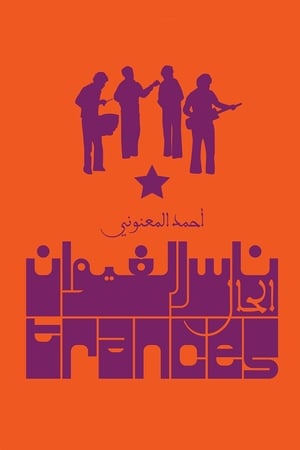 6.8
6.8Trances(ar)
A portrait of the groundbreaking Moroccan band Nass El Ghiwane, documenting a series of electrifying live performances in Tunisia, Morocco, and France; on the streets of Casablanca; and in intimate conversations. Storytellers through song and traditional instruments, and with connections to political theatre, the band became a local phenomenon and an international sensation, thanks to their rebellious lyrics and sublime, fully acoustic sound, which draws on Berber rhythms, Malhun sung poetry, and Gnawa dances.
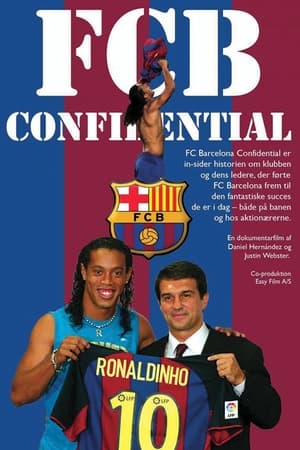 5.5
5.5FC Barcelona Confidential(en)
Documentary following the new board of FC Barcelona as they attempt to turn around the club's business performance.
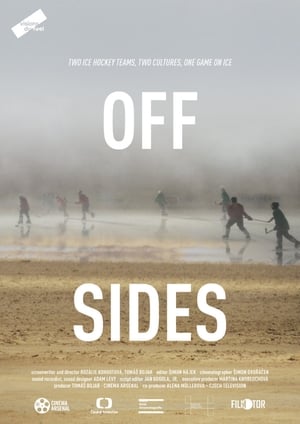 8.0
8.0Off Sides(cs)
When the junior ice hockey team from the small town of Náchod, in the Czech Republic, sets off in a bus to Morocco to play the away game in an exchange programme, the players and their coach expect an easy victory and a cultural shock: “bring ear plugs”, the coach suggests them with a touch of undisguised condescendence, so as not to hear the call to prayer early in the morning. Both on and off the ice, Rozálie Kohoutová and Tomáš Bojar’s camera focuses on a few teenagers and their exchanges, simultaneously funny and cruel, in a clumsy English.
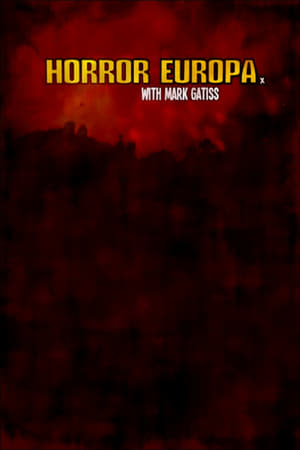 8.0
8.0Horror Europa with Mark Gatiss(en)
Actor and writer Mark Gatiss embarks on a chilling journey through European horror cinema, from the silent nightmares of German Expressionism in the 1920s to the Belgian lesbian vampires in the 1970s, from the black-gloved killers of Italian bloody giallo cinema to the ghosts of the Spanish Civil War, and finally reveals how Europe's turbulent 20th century forged its ground-breaking horror tradition.
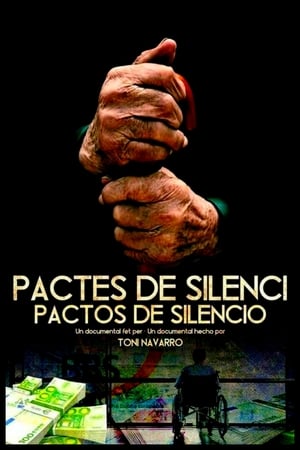 6.0
6.0Pactes de silenci(ca)
Due to the increasing privatization of basic public services in Spain, companies such as BB Serveis are accused of misappropriating several million euros of public money intended to finance care for the elderly and other dependent persons.
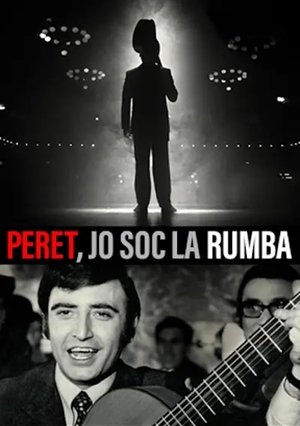 8.0
8.0Peret: The King of the Gipsy Rumba(ca)
An account of the personal and artistic life of the Spanish singer Peret (1935-2014), the artist who imaginatively mixed various musical styles, such as mambo, tanguillo and rock, to create the gypsy rumba. An epic adventure, from a humble neighborhood of Barcelona to the biggest stages of the world.
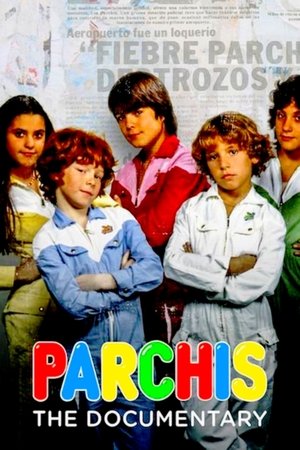 6.7
6.7Parchís: the Documentary(es)
The spotlight's on Parchís, a record company-created Spanish boy/girl band that had unprecedented success with Top 10 songs and hit films in the '80s.
 5.6
5.6SAGRADA: El misteri de la creació(en)
Gaudi's Sagrada Familia has been continuously under construction since 1882.
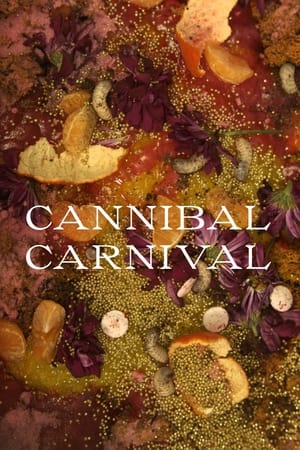 0.0
0.0CA. CA. (Cannibal Carnival)(en)
A festival of digestion on many scales, from planetary to microbial.
 0.0
0.0Have You Eaten?(en)
Living in downtown Toronto to attend school, Lina Li returns to the comfort of home in Thornhill and her mother's cooking. In this candid short, filmmaker Lina Li and her mother engage in an intimate conversation about immigration to Canada, misunderstandings, barriers to communicating, love and the taste of home.
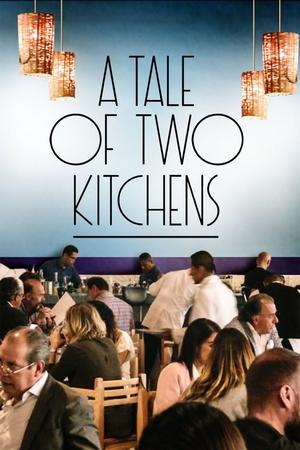 6.2
6.2A Tale of Two Kitchens(en)
Two countries, two restaurants, one vision. At Gabriela Cámara's acclaimed Contramar in Mexico City, the welcoming, uniformed waiters are as beloved by diners as the menu featuring fresh, local seafood caught within 24 hours. The entire staff sees themselves as part of an extended family. Meanwhile at Cala in San Francisco, Cámara hires staff from different backgrounds and cultures, including ex-felons and ex-addicts, who view the work as an important opportunity to grow as individuals. A Tale of Two Kitchens explores the ways in which a restaurant can serve as a place of both dignity and community.
 6.5
6.5Songs for After a War(es)
A particular reading of the hard years of famine, repression and censorship after the massacre of the Spanish Civil War (1936-39), through popular culture: songs, newspapers and magazines, movies and newsreels.
 7.0
7.0Land Without Bread(es)
An exploration —manipulated and staged— of life in Las Hurdes, in the province of Cáceres, in Extremadura, Spain, as it was in 1932. Insalubrity, misery and lack of opportunities provoke the emigration of young people and the solitude of those who remain in the desolation of one of the poorest and least developed Spanish regions at that time.
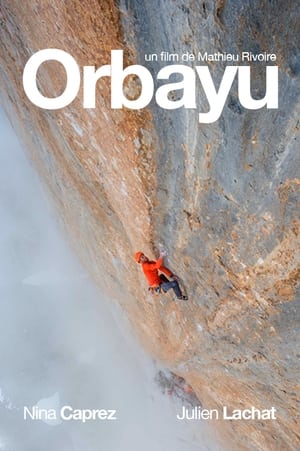 8.5
8.5Orbayu(fr)
Nina Caprez and Cédric Lachat are passionate climbers. A passion they share and pushed them to become professionals. They travel around the world in search of walls and cliffs of exception. In Spring 2014 they set up camp beneath one of the most difficult multi-pitch routes in the world – Orbayu (2000 meters). Orbayu is a large limestone tooth which rises above the natural park of Picos de Europa in Spain. This huge wall is among the most beautiful in the world. It’s a mixture of extreme difficulty (8c). But the major problem with this type of wall lies in the fact that weather changes are very fast: rain, low temperatures, wind, etc… The ascent of such walls demand unusual experience. Nina and Cédric document joy, fear, danger, but also the beauty of climbing in Orbayu.
